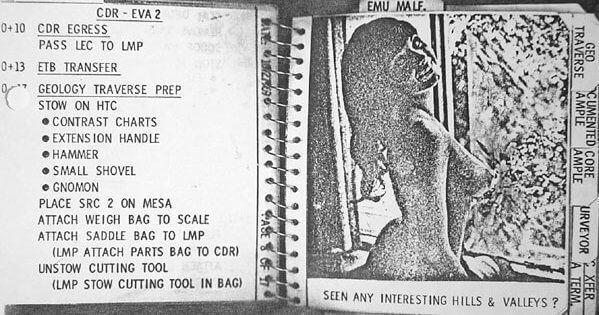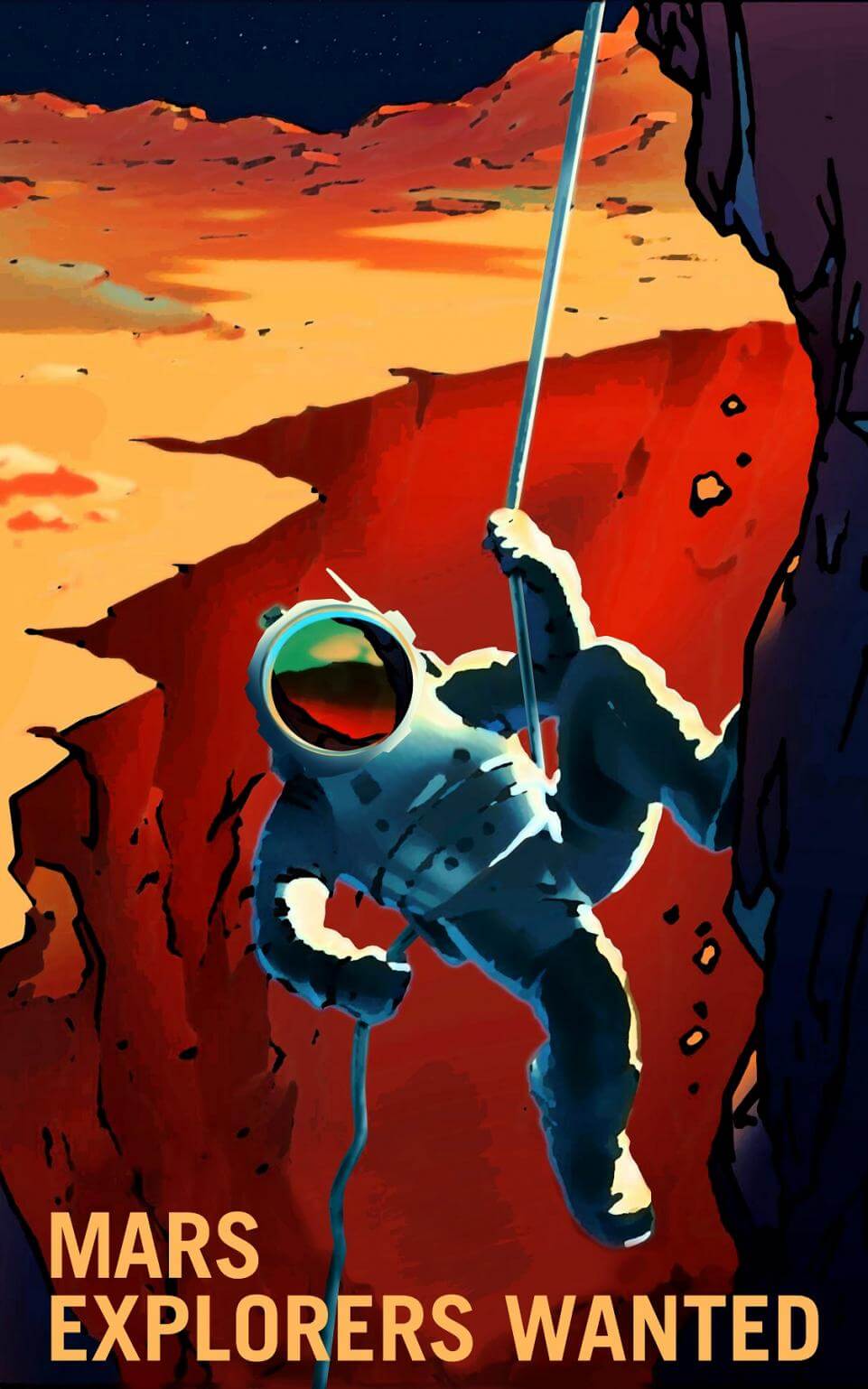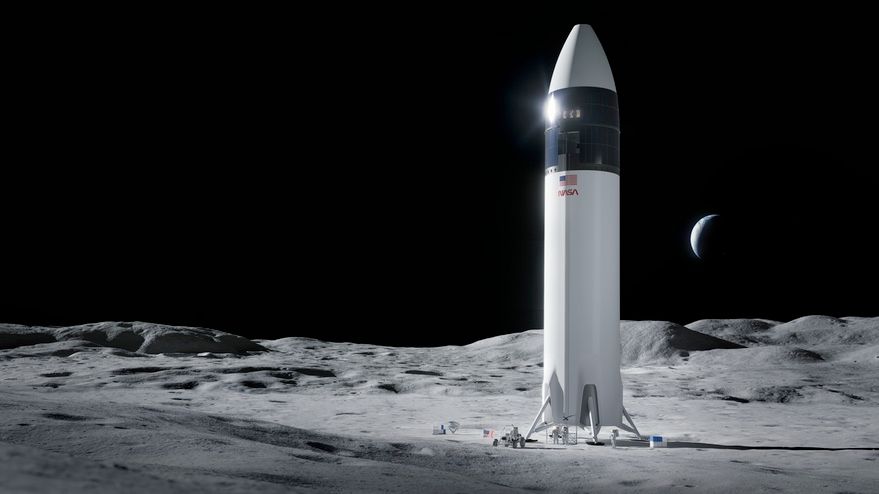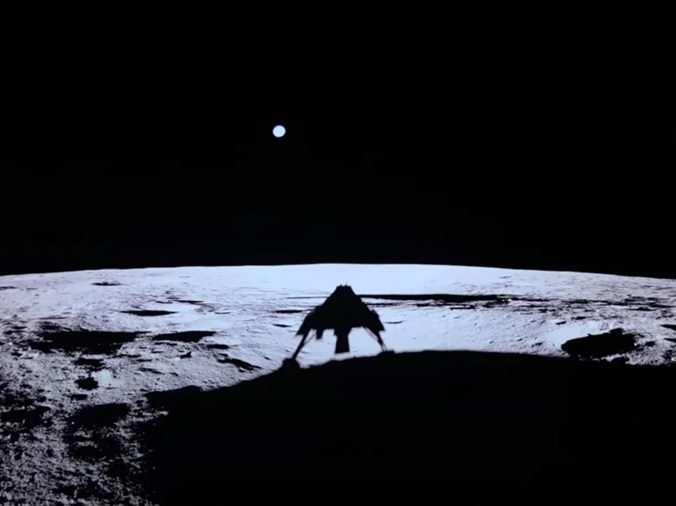Most wise humans know that while we should take our roles seriously as workers, parents, carers and the like, we should not take ourselves too seriously. Nothing saps the spirit like having a po-faced professional colleague whose humourless attitude tends to get everyone down. And NASA has found this out from analysis of long range exploration missions on Earth such as Roald Amundsen’s south polar trips. That is, such long range exploration missions actually do better if they have a jovial jester on board to maintain morale, especially when times are difficult. In Amundsen’s case, it was the expedition cook who was the joker.
Jeffrey Johnson, Professor of Anthropology at the University of Florida, is working with NASA in studying how group dynamics affect morale of teams. He has come to the conclusion that every successful team needs a “class clown”. Johnson presented this conclusion at the American Association for the Advancement of Science annual conference in a presentation titled “Building a Winning Team for Missions to Mars”.
While the first successful human Moon-landing mission Apollo 11 was not known for its jokers (Armstrong was too cool and Aldrin was too serious, although Command Module pilot Mike Collins lightened the load a bit), the follow-on landing mission Apollo 12 did have Charles “Pete” Conrad as the lead jester. And it was noted how well that crew got on together. And the NASA ground crew had similar fun with them when Conrad and his astronaut colleague Alan Bean’s opened their wrist attached check list while walking on the moon only to find female “girlie” Playboy nudes included.

The distracting Apollo 12 Extra Vehicular Activity astronaut notes with instructional reminder. Courtesy: NASA via whizzospace.com
Having said all of the above, obviously your correspondent will now be putting himself forward. Although with respect to his GSOH (Good Sense of Humour) your correspondent’s wife might beg to differ. She would gladly (or is that sadly?) point out that he needs some new material given that she has heard most of his jokes before and sometimes loses the will to live. Well – as regular readers will have already realised – your correspondent has a very “green” attitude in reusing these.
And while this writer does sometimes get the blues himself (which even Winston Churchill suffered from) he does always like to see the funny side – even dark “gallows humour” can be fun…even if gallows and hangmen’s ropes are of no use in zero g!
Of course, if your correspondent’s astronaut colleagues do get too sick of his jokes as well, they can, at least, shove him out of the airlock. “In space no-one can hear you laugh” as they say! Then again, if they slowly reduce the air pressure in the airlock first, then hypoxia would cause him to die laughing at his own jokes. A truly gruesome and bad mannered way to go.
At the very least, a long Mars trip will give your correspondent’s “trouble and strife” (Cockney-rhyming slang for you know who) a long break from his jokes. 🙂
In fact, your correspondent is starting to look more and more like a runner as a Mars exploration astronaut, especially given that he is a portly fellow whose corpulent carcass will allow him to live off his own fat reserves. He will thus not need many consumables (food) to take with him on a two-year round trip to Mars. Well – providing the rocket can lift him off the ground that is.
Mind you, this writer is a bit of fretful flapper – no super-cool Neil Armstrong test-pilot type here – although he is, at least, situationally-aware. As Rudyard Kipling should have said:







